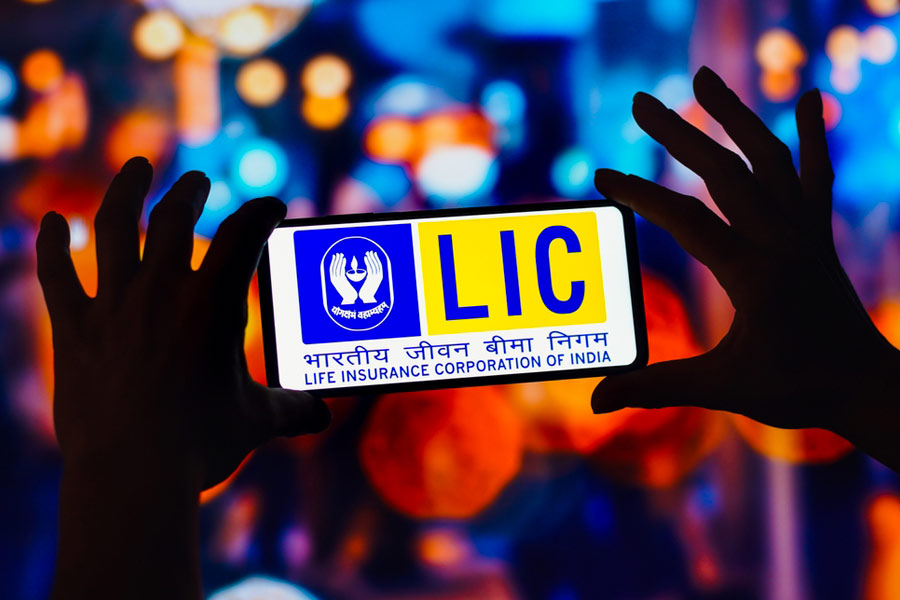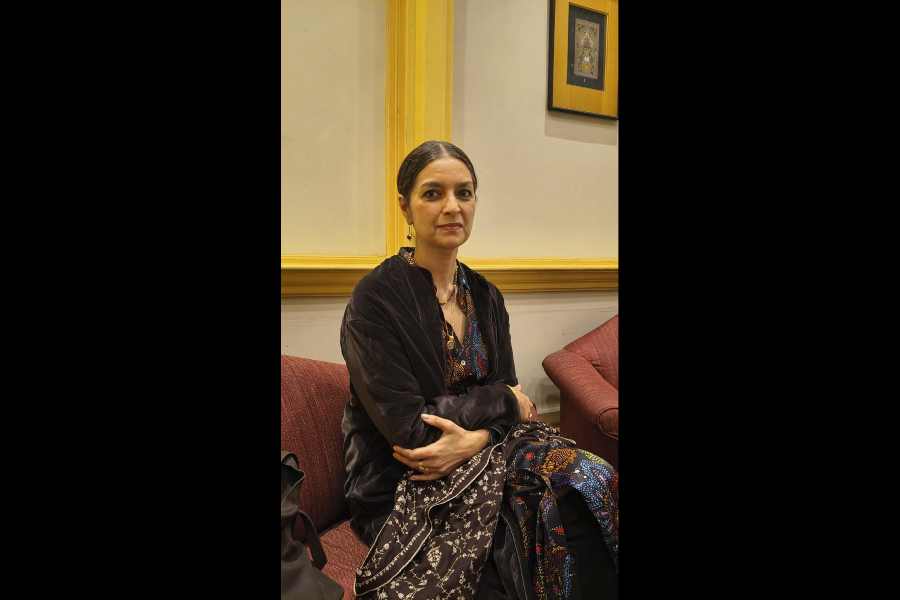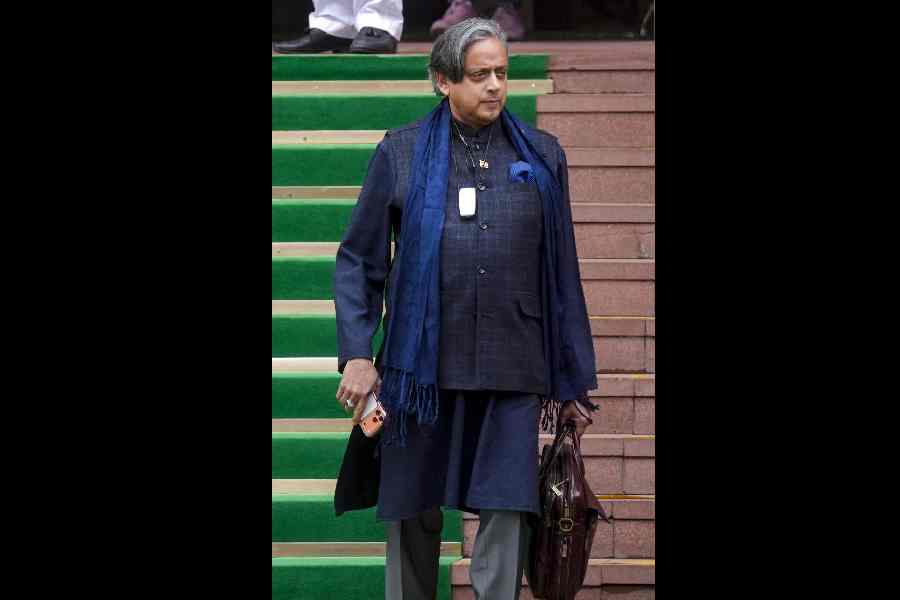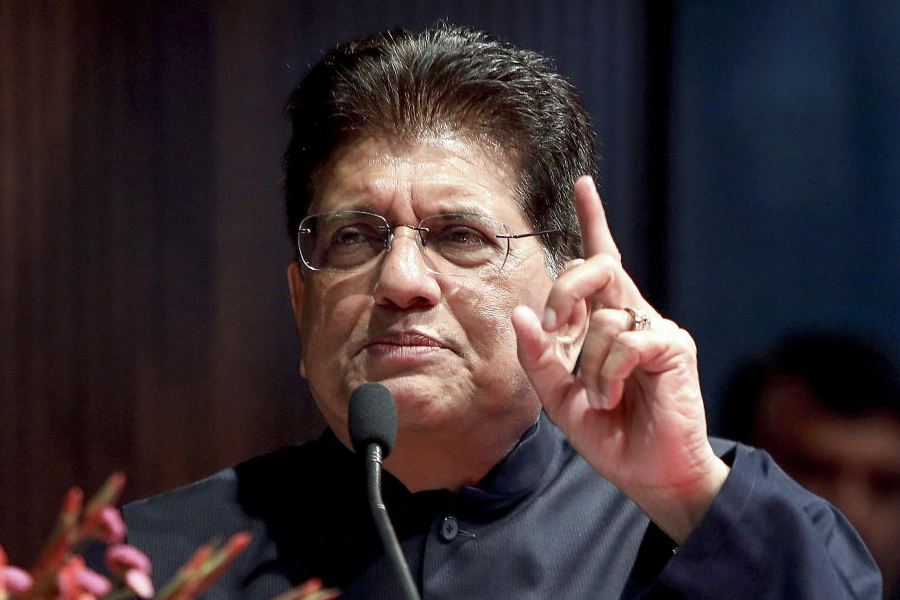Insurance major LIC has countered an allegation of favouritism by the United States Trade Representative (USTR) .
The USTR, in its 2025 National Trade Estimate Report on Foreign Trade Barriers, has highlighted several non-trade barriers that the US faces in India. As part of the service barriers, the USTR has flagged an unequal level playing field in the insurance market, with state-owned companies not subject to the same law and prudential supervision as private firms.
Specifically citing the example of LIC, the report said, “Currently, the Indian government maintains an explicit sovereign guarantee on every life insurance corporation (LIC) policy. As a result, many customers choose to buy LIC policies over those offered by private insurers, giving LIC an unfair competitive advantage.”
While section 37 of the Life Insurance Corporation Act, 1956 has the provision of policies to be guaranteed by the central government, LIC said that the statutory provision, which was provided at the time of establishment of the insurer to build public confidence in the early years of nationalisation, has never been invoked or used as a marketing tool or has provided any undue advantage.
The insurance industry in India is regulated by the IRDAI. LIC said that for the past 25 years, it has operated in a fully competitive market which currently also has 24 private life insurance companies. LIC, however, is the largest life insurance company in India with a market share of 58.87 per cent in FY24.
“We firmly believe the USTR’s views are based on an incomplete understanding of Indian insurance regulation and LIC’s functioning. We urge for a more balanced and factual appreciation of LIC’s role and contribution to financial inclusion and policyholder protection in India,” LIC said in a statement.
“LIC remains committed to upholding the highest standards of governance, service, and customer trust,” Siddhartha Mohanty, CEO and managing director of LIC, said.
Strict rules
While welcoming the decision of the Indian government of a 100 per cent foreign direct investment in the insurance sector, the USTR report also points out to the safeguards such as majority of board members to be Indian residents, higher solvency requirement for foreign invested insurers, which act as potential service barriers for foreign insurance companies.
Indian insurance industry sources, however, said that these are one-sided views and several measures are already being taken to allow more capital to flow into the insurance sector which in turn will help to widen the insurance net.
The IRDAI has taken several steps, such as allowing private equity funds to invest directly in insurance companies through special purpose vehicles. Investment up to 25 per cent of the paid-up capital is also allowed by single investors and provisions have also been made to allow promoters to dilute their stake up to 26 per cent, said an industry source.










